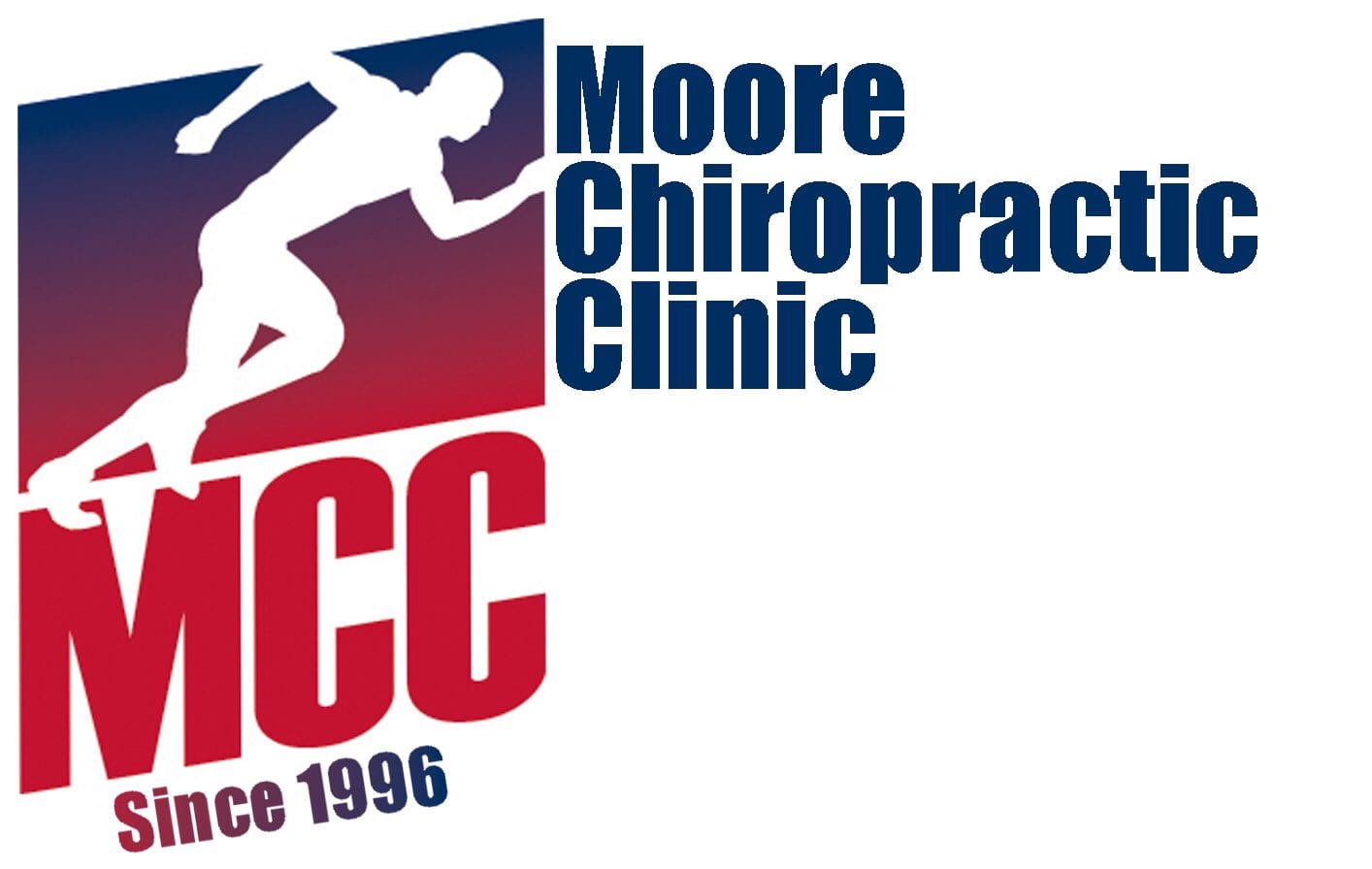Returning to Sports after a Concussion

What is a Concussion, and How Does it Affect the Athlete?
Concussions typically result from direct or indirect head trauma leading to internal bleeding, bruising, tissue damage, increased intra-cranial pressure or fluid buildup, and may alter the brain’s ability to function normally. The injury may lead to cognitive, physical and emotional symptoms, such as difficulty concentrating, amnesia, headache, dizziness and fatigue2. Lingering effects are often caused by changes in function of the nervous system. A proper assessment of the injuries may help determine an appropriate treatment plan and how best to enhance recovery. Notably, athletes may suffer from associated MSK injuries from the impact and may benefit from being co-managed by a chiropractor as part of their healthcare team.
The risk of potential long-term effects of concussion warrants athletes, coaches, parents and providers to take concussions seriously. Unfortunately, for many, a quick return to play may not be advisable and a longer recovery might be best, especially for those having suffered multiple concussions.
How Do Athletes Return to Play after Suffering a Concussion?
Access to appropriate expertise, care and resources can help guide the gradual return to normal physical work and activities, while minimizing the risk of post-concussion syndrome and persistent symptoms. According to the Zurich Consensus statement on concussion recovery, it is recommended that athletes commit to the following five stages of rehabilitation3:
- The protocol for return to play begins with no activity, where athletes rest physically and cognitively to quell symptoms.
- They will continue on to light aerobic exercises (e.g. walking and swimming) to progressively increase the heart-rate, and later sport-specific exercises to re-introduce sport-specific movement (e.g. skating or running drills).
- As players progress, they will focus on non-contact drills, which are more active and complex forms of training done to improve coordination.
- Lastly, before returning to play, athletes will be eased into full-contact practice that helps to assess skills and function in more intense training activities.
- At any stage should the athlete have or show any recurring symptoms, they will restart the process and remain inactive until symptoms cease.
Having everyone properly informed on the recovery process is an important part of the athlete’s safe return to play4. Notably, your healthcare team, including your chiropractor, can help facilitate the sharing of information and develop a plan to return the athlete to the sport they love.
An important consideration in recovery is that concussed athletes should not only be symptom-free, but they should also not be taking any pharmacological agents/medications that may mask or modify the symptoms of concussion4 before returning to play. Before they resume activity, they should also be able to complete day-to-day tasks without the help of any medication. For those cases where recovery exceeds the expected timeframe (i.e. 10 days), athletes should be managed in a multidisciplinary setting by healthcare providers with experience in sports-related concussion5.
As with any head injury, it’s important to take extra care to ensure the athlete can return to sport safely. While 10 days is stated as the expected recovery timeframe, it could take much longer for a safe return to play, especially if the athlete has sustained more than one concussion. The number of concussions the athlete has sustained can put them at high-risk for cognitive impairments, which is why it is so important for an athlete to fully recover from a concussion before returning to their sport.
Chiropractors can help athletes who are suffering from MSK injuries associated with a concussion as a way to help them return to their sport. Chiropractors are trained to assess, diagnose and manage sports-related injuries as part of their core competencies.
While we hope at this year’s Pan Am and Parapan Am Games none of the athletes sustain any concussions or head trauma, we do have volunteer chiropractors on-site to assist and co-manage recovery as appropriate. Having a chiropractor as part of a sports healthcare team is very beneficial to the athlete’s recovery from any injury.
For more information on how chiropractic can help, find a chiropractor near you.
-
David Rhine, “23rd Annual Rural & Remote,” April 9 – 11, 2015. http://www.srpc.ca/rr2015/handouts/449.pdf
-
David Rhine, “23rd Annual Rural & Remote,” April 9 – 11, 2015. http://www.srpc.ca/rr2015/handouts/449.pdf
-
McCrory, P., Meeuwisse, W. H., Aubry, M., Cantu, B., D, Dvořák, J., Echemendia, R. J., … Turner, M. “Consensus statement on concussion in sport: the 4th International Conference on Concussion in Sport held in Zurich, November 2012. http://bjsm.bmj.com/content/47/5/250/T1.expansion.html
-
Pierre Frémont, Lindsay Bradley, Charles H Tator, Jill Skinner, Lisa K Fischer from the Canadian Concussion Collaborative. “Recommendations for policy development regarding sport-related concussion prevention and management in Canada”. British Journal of Sports Medicine. 12 July 2014. http://bjsm.bmj.com/content/49/2/88.full
-
McCrory, P., Meeuwisse, W. H., Aubry, M., Cantu, B., D, Dvořák, J., Echemendia, R. J., … Turner, M. “Consensus statement on concussion in sport: the 4th International Conference on Concussion in Sport held in Zurich, November 2012”. http://bjsm.bmj.com/content/47/5/250.full#aff-20

Recent Comments